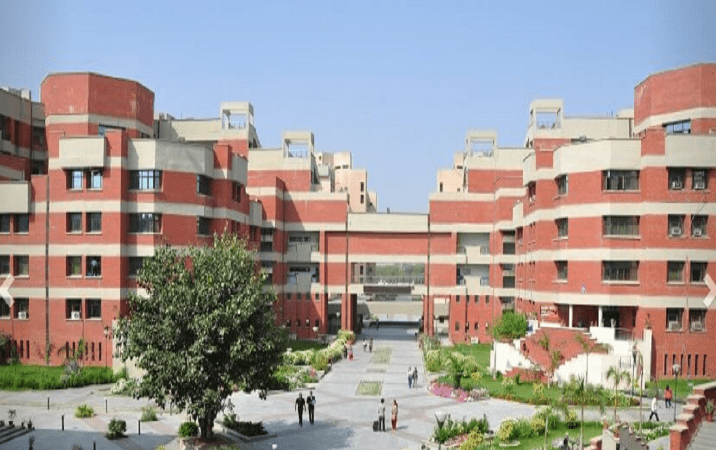The Guru Gobind Singh Indraprastha University (GGSIPU) is planning for a separate hostel for international students for their convenience, varsity vice-chancellor Mahesh Verma said on Monday.
He said that the decision has been taken in view of a surge in the admission of foreign students to affiliated colleges of the university. At present, more than 100 international students, mainly from Nepal, Bhutan, and Gulf and African countries, are enrolled with the university and its affiliated colleges.
Their numbers are increasing every year, Verma said after releasing a separate admission brochure for international students for the academic year 2022-23. The registrar of the university, Shailendra Singh Parihar, said that there are so many attributes of the university that attract international students.
The varsity has a plethora of academic programmes, it has a locational advantage due to its proximity to the Delhi airport, it has 15 per cent extra seats in various programmes for international students, Parihar said as mentioned some of the attributes of the varsity.
Vijita Singh Aggarwal, director, international affairs, said 15 per cent of extra seats of the sanctioned intake of various programmes at the university’s schools and specialised centres, except in the school of architecture and planning, are earmarked for international students.
International students willing to apply to the varsity can download the application form from at ipu.ac.in/intaff.php. The last date of submission of online and offline application forms is June 30.
The university said that in admissions, the first preference will be given to candidates applying through the ICCR fellowship. The remaining seats will be filled through other international candidates on a merit basis on qualifying exams.
The BAMS, BHMS and B. Sc Yoga programmes available at affiliated institutes of the university are only for ICCR sponsored candidates. “English proficiency test scores of TOEFL or IELTS is required to apply through this route, however, applicants of Nepal and Tibet are exempted,” the university said.
Courtesy : The Indian Express








